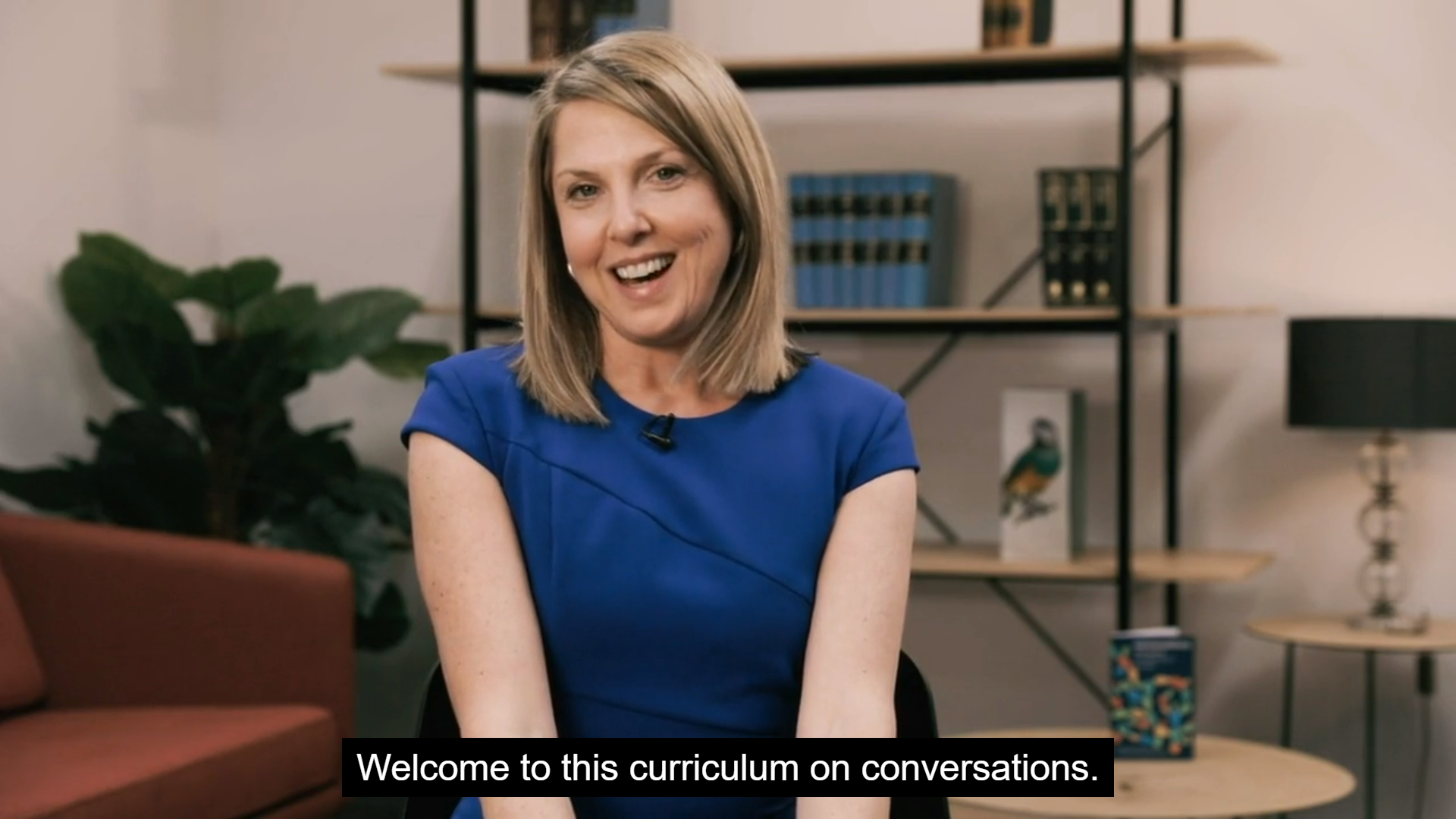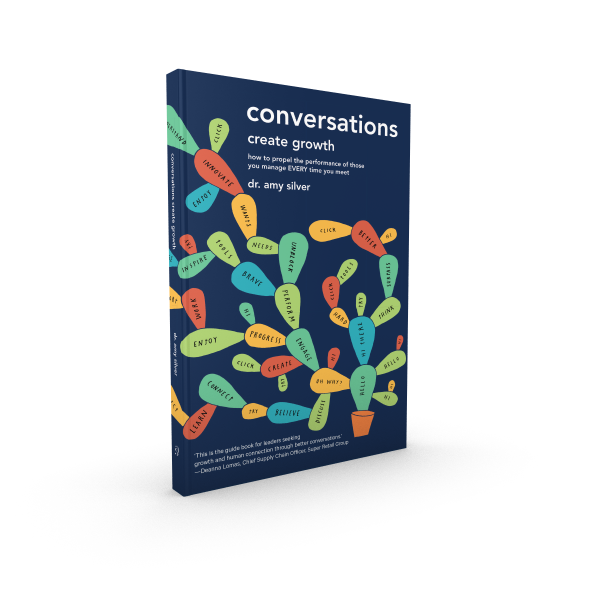Having Difficult Conversations
Confidently having the difficult conversations that are
necessary for success and high performance
Imagine arriving for difficult conversations feeling calm, clear and kind by managing your state of mind and reducing your automatic emotional reactions. Difficult conversations are difficult, but we must face into the discomfort in order to grow our impact.
There are many reasons we don’t have the conversations we should be having with our clients, our colleagues, and even our families! Avoidance of difficult conversations is easy because it means we avoid hurting others, avoid saying things we regret, avoid creating damage to relationships and avoid taking responsibility for things.
BUT…! What if you knew how to have difficult conversations so that they actually build connections, create trust, develop growth, and serve you and others?
It is important that we get better and better at having conversations quickly and lightly in the moment, rather than storing them up and allowing the pressure to build. Difficult conversations require us all to get better at tolerating discomfort.
In this program, Amy will take you through the key elements of how to prepare for, deliver and support a difficult conversation with someone. The course can be internally focused (with colleagues) or external (with clients/customers) or both depending on your need.
Designed for teams and team leaders, you will learn how to:
Recognise yours and others' emotional responses
Use calming strategies to ground yourself
Ask good open questions without judgement or bias
Share your perspectives for the purpose of growth
Realign safety consistently into the conversation.
The more we avoid difficult conversations the wider the gap
is between our potential and our performance.
is between our potential and our performance.
Program outcomes
Participants will learn:
Why difficult conversations matter and why we should be anti-avoidance
Why we must learn to tolerate the discomfort required for growth conversations
Why emotional management is key to having difficult conversations successfully
Self-management of emotions
Managing others' emotions
How to prepare for a difficult conversation
What to do during a difficult conversation
Elements that need to be in a conversation for it to go well
What to do after a difficult conversation
Practice and solution finding
Commitments moving forward.
Program Format
This program has a flexible format and includes useful resources to ensure the long-term impact of the sessions.
Foundation: 40-90 min talk/workshop
Maintain: As above + four weekly videos following talk + pdf power-pack of reusable templates for self-coaching + 'how to’ guides for the tools covered in the session + links to video extras
Master: As above plus 90-minute group coaching/supervision (This works well for those dealing with the emotions of others and therefore may need extra supervision or processing to ensure they are not retaining secondary distress and that they are resilient for their stakeholders e.g. agile coaches, people in service roles.)







Amy understands how to help people bring all they have to the table. She can quickly see how people limit themselves and, in a non-threatening way, pushes them to give more. We have seen revenue increase by 37% YTD. In addition to this staff engagement has dramatically increased and attendance has been the best it’s been since the business inception.